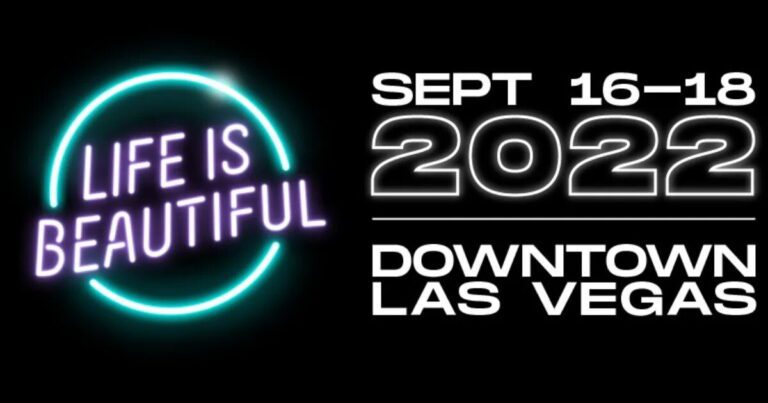Losing Lena: Remove One Image to Make Women Feel Welcome
Introducing Losing Lena, a new film created by FINCH and Clemenger BBDO Sydney for tech organizations, Creatable & Code Like a Girl, that asks us to help remove one image to make millions of women feel welcome in tech.

About Losing Lena
There’s a secret hidden in almost every website and every digital image you’ve ever seen. That secret is Lena, a Playboy centerfold. She is “a face more studied than the Mona Lisa’s”1 and has been called Tech’s Original Sin.
But how did a centerfold from the ’70s become the most used test image in the world? And what impact has it had on women studying or entering tech industries?
Lena’s story began in 1972 when the Swedish model posed as the Miss November centerfold. The next year, her centerfold was chosen by some men at the University of Southern California (USC) as an ideal test image for the algorithms they were working on to turn physical photos into digital bits. This research laid the groundwork for what would later become the jpeg, an image standard that revolutionized our digital world.
Incredibly, 46 years on, Lena is still the most infamous test image in the world. She is symbolic of how women were left out, and pushed out, of the industry.
Losing Lena is a compelling documentary that questions the very tenets of the tech industry and leaves us pondering: Why wasn’t Lena retired years ago? It explores a thread that binds together so many similar challenges and biases women in tech have experienced around the world.
With appearances in tens of thousands of journals, educational resources and books, Lena has been taught to young women and men in schools and universities for decades. We need to question, what place does Lena’s photograph have in the modern world of the tech industry and education where women are still fighting for an equal place alongside men?
Losing Lena ends with a call on individuals, tech companies, universities and image processing facilities around the world to stop using Lena, and to help drive equal representation of, engagement with, and respect for women and girls across all areas of tech.
Code Like a Girl founder and CEO, Ally Watson, said, “The role of Lena’s image in tech’s history is representative of so many of our industry’s shortcomings. Tech is used by everyone – no matter your age, gender, ethnicity, or sexual identity. But when our tech is developed by a small subset of homogenous individuals, it’s impossible for the end product to be without bias.
“This documentary illustrates just how much effort is still needed to increase diversity in the teams building tech. It’s a call to the leaders of our industry to commit to Losing Lena. Because with the removal of one image, we’re better positioned to welcome millions of women to the table.”
FINCH’s Kyra Bartley, the film’s director, added, “I was struck by how succinctly Lena’s story demonstrates the impact of small, seemingly inconsequential actions on the generations who come after – and of course the spotlight that throws on our current attitudes to recognizing and addressing problematic practices within STEM industries.
“Far from being a finger-pointing exercise though, the film encourages people to engage with these ideas as part of a broader conversation on diversity, and to consider the ways in which their own actions could contribute to moving us all forward.”
Lena added, “I retired from modeling a long time ago. It’s time I retired from tech, too. We can make a simple change today that creates a lasting change for tomorrow. Let’s commit to losing me.”
As we rush into artificial intelligence and machine learning, some of the biggest technological changes of our time, Losing Lena questions whether we’re able to learn from the unconscious biases of the past? Or are we doomed to repeat them?
Members of the tech industry, businesses, universities, and organizations can commit to Losing Lena at their website, as well as find substitute images that can be used for image processing testing.
The film will be available to view at a series of events hosted by Code Like a Girl, or exclusively on Facebook Watch from November 26. The full list of screenings and ticket purchase details can be found at https://www.codelikeagirl.com/events/. More information can be found online.
About Code Like a Girl:
Code Like a Girl is a social enterprise providing girls and women with the confidence, tools, knowledge, and support to enter and flourish in the world of coding.
About Creatable:
Creatable is a creative technology curriculum that leverages industry partnerships and engaging, high impact learning experiences to ignite a passion for creative technology and prepare young women for the future of work.












